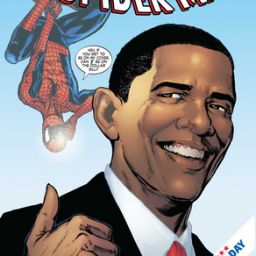
But this book demonstrates the value of remixing, adding a lengthy discussion of the economics of two types of culture — commercial and sharing.
A commercial economy [is centered on] money or “price” [as] a central term of the ordinary, or normal exchange.
Of all the possible terms for exchange within a sharing economy, the single term that isn’t appropriate is money.
But Lessig discusses a combination between the commercial economy and the sharing economy — the hybrid economy:
The hybrid is either a commercial entity that aims to leverage value from a sharing economy, or it is a sharing economy that builds a commercial entity to better support its sharing aims.
If those within the sharing economy begin to think of themselves as tools of a commercial economy, they will be less willing to play. If those within a commercial economy begin to think of it as a sharing economy, that may reduce their focus on economic reward.
Much of Lessig’s discussion about hybrid economies is applicable to fan culture and other examples of participatory culture and user-generated content. He does use the examples of Harry Potter fandom (relying heavily on Henry Jenkins’ Convergence Culture) and Second Life.
We’ll be using this section extensively in our future writings, so our readers will be seeing much more of the ideas in Remix.






[…] not mentioned in his recent book, Remix: Making Art and Commerce thrive in the Hybrid Economy, Laurence Lessig has used Nine Inch Nails previously and recently as a positive example of the […]
[…] nary a mention of Remix: Making Art and Commerce Thrive in the Hybrid Economy, where in 2008 Lessig spends a whole book discussing the ways that remix culture can work with traditional media so everyo…, is just intellectually lazy. Or […]